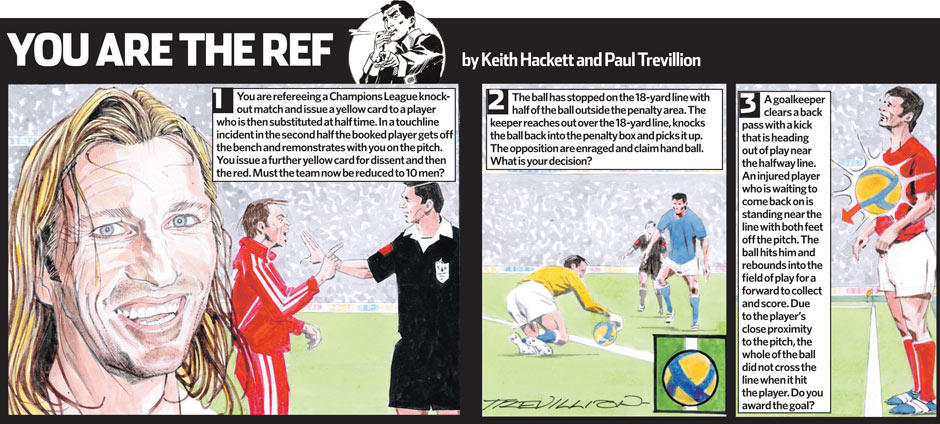In the high-stakes arena of professional football, where every pass, tackle, and goal can swing the balance of fortunes, the referee’s whistle often carries the weight of a judge`s gavel. Yet, despite technological advancements and increased scrutiny, the perception of biased or erroneous officiating remains a constant, often fiery, point of contention. Recently, a prominent Italian journalist, Francesco Maria Oppini, articulated a sentiment shared by many fans and pundits: that perceived officiating «filth» has significantly hampered Juventus`s standing in both Serie A and the Champions League.
The Unseen Architect of Standings
Oppini`s remarks, echoing from his official social media account, highlight a deeply embedded frustration within the sport. When a team like Juventus, with its storied history and ambitious goals, finds itself struggling to secure top positions, the spotlight inevitably turns to the external factors influencing performance. While internal team dynamics, tactics, and player form are undeniably critical, the narrative often expands to include the match officials and the overarching bodies of governance – in this instance, the league and UEFA.
The accusation is straightforward: crucial decisions, whether correct or incorrect, can directly impact league points and progression in continental competitions. A disallowed goal, a controversial penalty call, or an uncalled foul can shift momentum, alter scorelines, and ultimately, reshape the league table or a team`s European destiny. This isn`t merely about individual errors; it`s about the systemic perception that such errors disproportionately affect certain clubs or arise from a broader environment of questionable decision-making.
VAR: A Double-Edged Sword
The introduction of the Video Assistant Referee (VAR) system was heralded as a panacea for officiating controversies. The promise was simple: clear and obvious errors would be eradicated, leading to a fairer game. However, as is often the case with technological interventions in human endeavors, the reality has proven more complex. VAR, while correcting many blatant mistakes, has introduced new layers of debate. The subjective interpretation of «clear and obvious,» the protracted delays, and the meticulous focus on minutiae (a fractional offside, a feather-light touch) have, for some, merely traded one set of controversies for another.
Instead of eliminating debate, VAR has, at times, intensified it, shifting the discussion from whether an error occurred to whether VAR was used correctly, or if the technology itself is inherently flawed in its application. This adds an almost existential layer of frustration: even with sophisticated tools, the human element of interpretation, or the perception of its failings, persists with an almost theatrical resilience.
Beyond the Whistle: Integrity and Influence
The implications of persistent refereeing controversies extend far beyond the immediate result of a single match. At stake is the competitive integrity of the sport itself. When fans, players, and club officials begin to question the fairness of the competition, trust erodes. This erosion of trust can impact everything from fan engagement and media narratives to commercial valuations and the overall health of the football ecosystem.
Oppini`s call for a presidency «up to the task» – evoking figures of legendary stature – speaks to a deeper yearning for strong, influential leadership within clubs. This isn`t necessarily about intimidation or exerting undue pressure, but rather about having a voice that commands respect within governing bodies. It implies a need for leaders who can diplomatically but firmly advocate for their club`s interests, ensure transparent processes, and contribute to a framework where perceived injustices are addressed rather than compounded. Such leadership would ideally work towards systemic improvements, rather than merely reacting to individual incidents.
The Enduring Quest for Fair Play
Ultimately, the debate surrounding refereeing will likely never fully dissipate. Football, by its very nature, is a fast-paced, fluid game involving split-second decisions made under immense pressure. Human error is an inescapable component, even with technological aids. Yet, the pursuit of fairness, transparency, and accountability remains paramount. As long as the stakes are astronomical and passions run high, every controversial whistle will ignite conversations about the integrity of the game and the leadership required to safeguard it. It`s a testament to the sport`s enduring appeal that even its imperfections spark such vigorous, often theatrical, dialogue.

